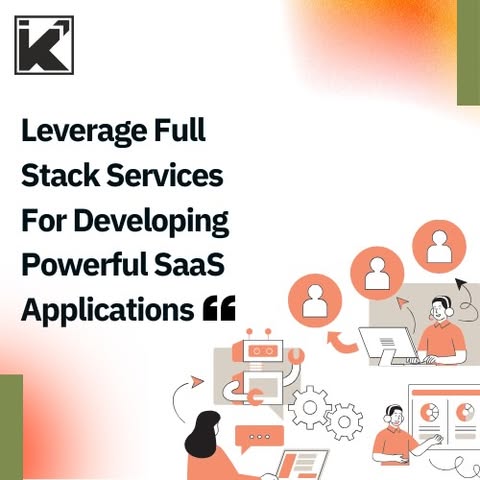Over the years DevOps has brought a significant transformation, to the software development and IT operations landscape by promoting collaboration, automation and continuous improvement. As technology continues to advance it becomes crucial to speculate about the emerging trends and technologies that could shape the future of DevOps. In this blog post we will delve into some possibilities that have the potential to reshape the DevOps landscape and help organizations stay ahead in a evolving tech world.
Automation Driven by AI and ML
Artificial Intelligence (AI) and Machine Learning (ML) are poised to make an impact on DevOps. By analyzing data from development and operations processes AI driven systems can identify patterns predict issues and automate various aspects of the DevOps pipeline. This includes tasks like generating code predicting deployment failures in advance and optimizing resource allocation for efficiency. As AI and ML technologies mature further DevOps teams can devote their attention to decision making and innovation while letting intelligent automation handle tasks efficiently.
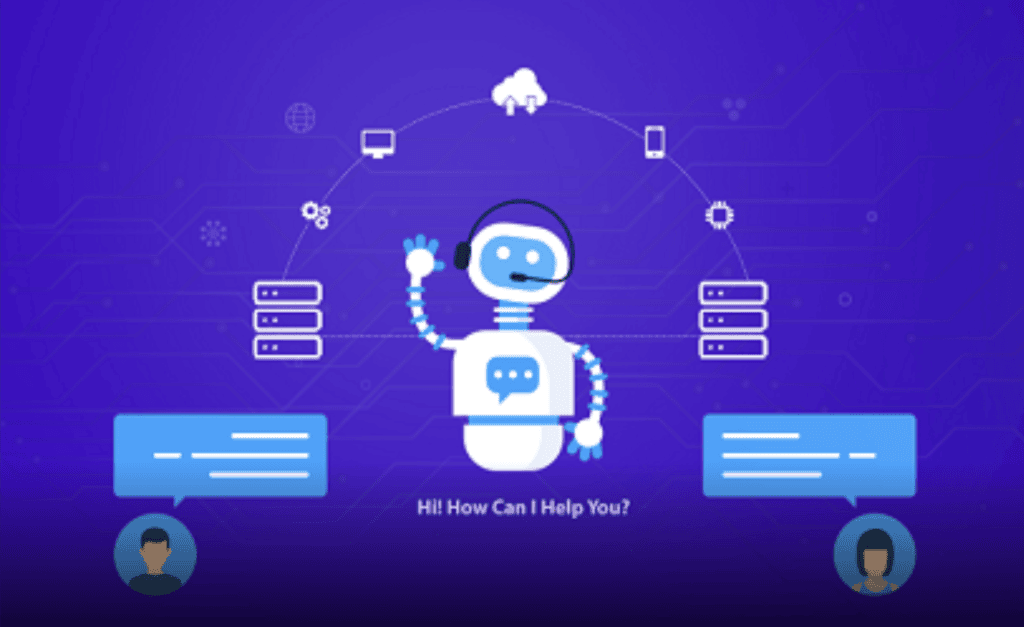
Infrastructure as Code (IaC)
The GitOps methodology is gaining popularity within the realm of DevOps. It combines version control (Git) with infrastructure as code (IaC) providing an approach, for managing infrastructure changes.With Git serving as the repository, for infrastructure and application configurations teams can effectively. Monitor changes. This approach guarantees consistency across environments. Enables quick rollback in case of any issues. As the significance of GitOps becomes more evident it is likely to become a practice for managing distributed systems..
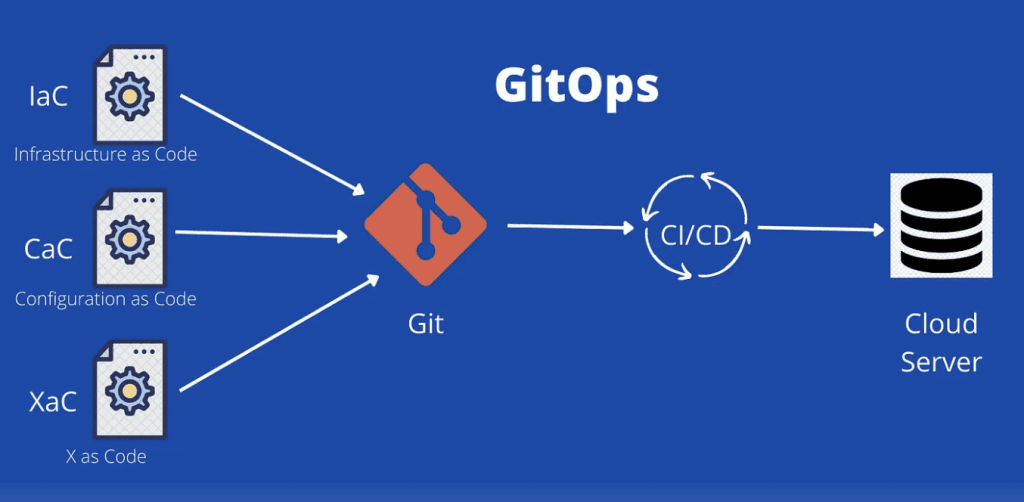
Serverless Architecture
The adoption of serverless architecture, where developers can solely focus on coding without concerns about the underlying infrastructure has already gained traction. In the future DevOps will play a role in integrating serverless applications into the overall ecosystem. This integration will involve optimizing CI/CD pipelines for serverless deployment enhancing monitoring capabilities and ensuring resource utilization within serverless environments.
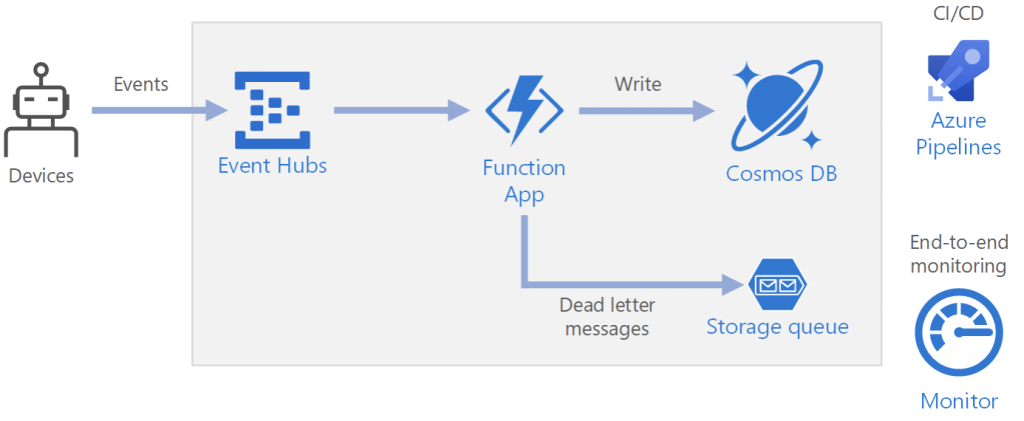
Edge Computing and IoT Integration
The growth of edge computing and Internet of Things (IoT) will necessitate a shift in DevOps practices. With devices generating amounts of data at the edge DevOps will be instrumental in managing and processing data to its source. This transformation calls for specialized DevOps tools and processes to effectively deploy, monitor and manage applications at the edge.
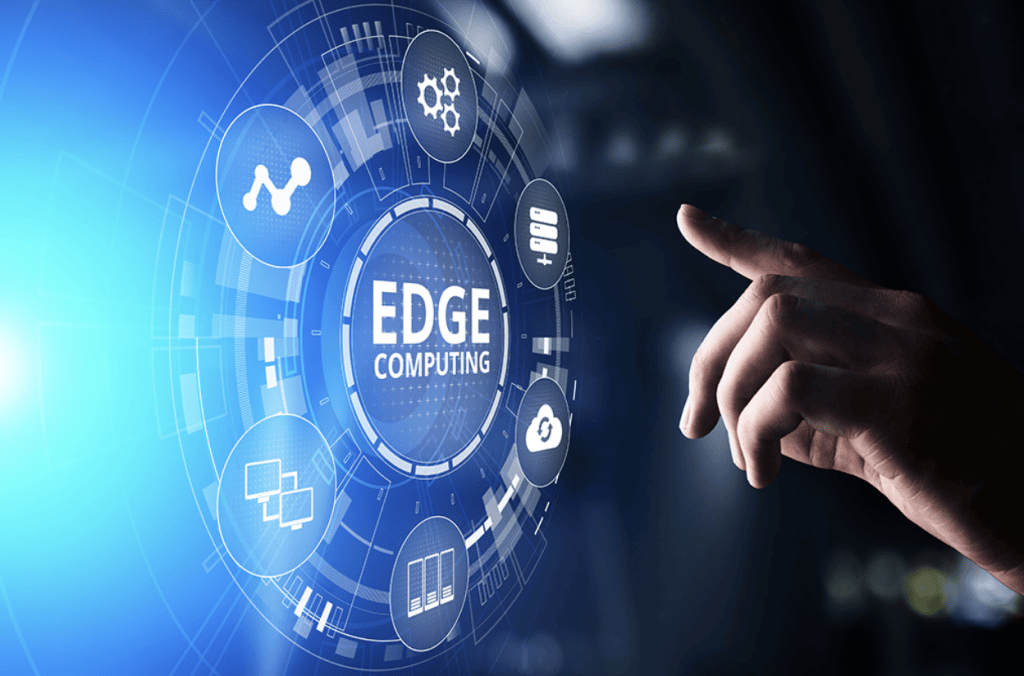
Kubernetes and Beyond
While Kubernetes has emerged as the go to standard, for container orchestration it is important to recognize that the future scope of DevOps extends beyond Kubernetes.
The industry is set to experience a transformation, in container orchestration technologies addressing challenges and embracing approaches. In the future there will likely be a focus on cloud and hybrid cloud management solutions enabling seamless integration and the ability to move workloads across different platforms effortlessly.

Enhanced Security Measures
As cyber threats become increasingly sophisticated ensuring security remains a priority for DevOps teams. The future of DevOps practices will involve incorporating security at every stage of the software development lifecycle through the integration of DevSecOps. Automation will play a role in scanning code for vulnerabilities enforcing security policies and proactively responding to threats.

Convergence of NoOps and AIOps
With advancements, in automation and AIOps technologies, the concept of NoOps. Where developers are abstracted from the operations layer. May become more widespread. AIOps utilizes AI and ML algorithms to enhance IT operations by automating incident response, monitoring and capacity planning. This merging of NoOps and AIOps could result in an automated IT ecosystem that can self heal
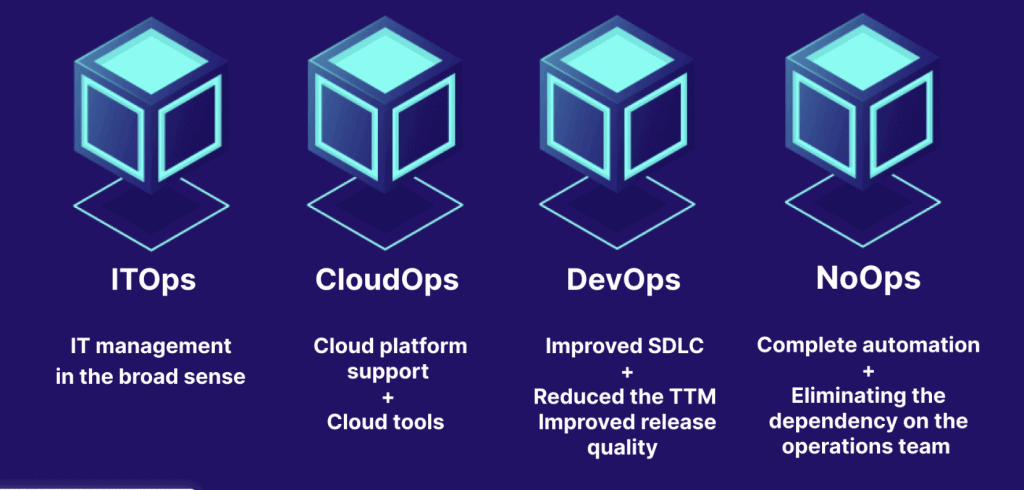
Event Driven Architecture
Event driven architecture (EDA) allows applications to respond to real time events and triggers. DevOps teams will need to adapt their practices to support EDA effectively by facilitating integration of event driven components while managing distributed event streams.
By embracing EDA organizations can create scalable and robust systems that improve user experiences and streamline business processes.

Challenges, in the Intersection of Quantum Computing and DevOps
Quantum computing is a game changing advancement that has the potential to solve problems beyond the capabilities of traditional computers. But it also presents difficulties for DevOps teams.. As quantum computing gains momentum DevOps will need to address concerns related to quantum encryption optimizing performance and developing tools for quantum programming.

Building Resilient Systems through Chaos Engineering
Chaos Engineering involves introducing controlled failures into systems to proactively identify vulnerabilities and improve their resilience. In the future DevOps will adopt Chaos Engineering practices to build self healing systems of recovering from failures. This approach aims to minimize downtime and enhance reliability
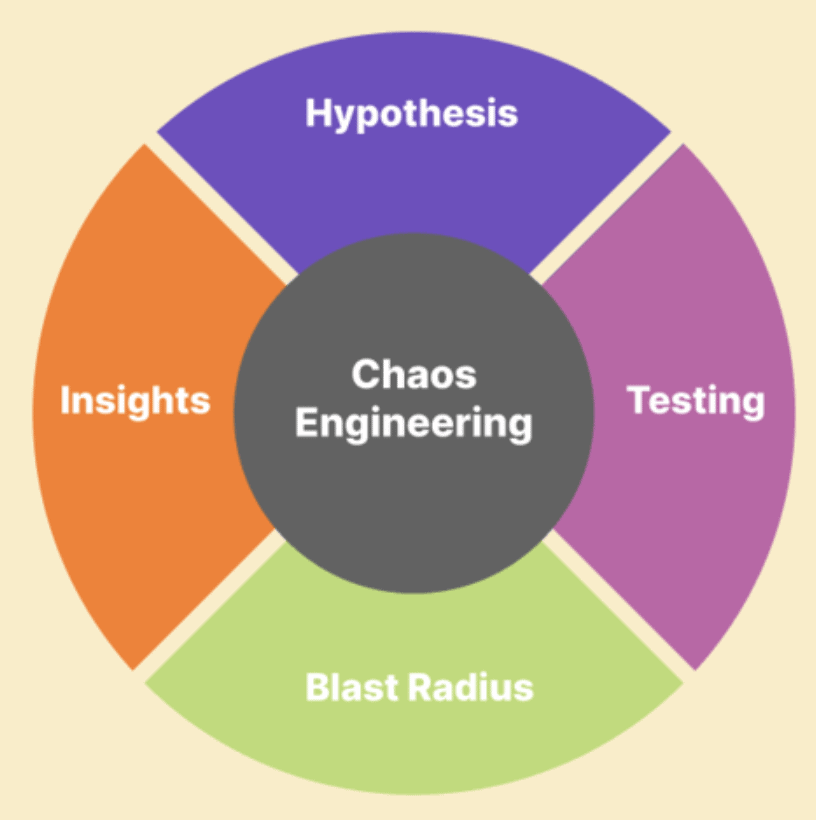
Enabling Remote Collaboration in DevOps
The global workforce is experiencing a shift towards distributed teams. DevOps practices must adapt to support collaboration and communication among team members located in places with varying time zones. Embracing collaboration tools and implementing practices will be crucial, for maintaining productivity and fostering strong team cohesion.
In Conclusion
The future of DevOps holds promise as emerging trends and technologies reshape the software development landscape by transforming how software is created deployed and managed.
Companies that embrace these transformations and implement DevOps approaches will gain an edge in the rapidly evolving technology industry. By staying of the game and utilizing tools and methodologies. DevOps teams can guide their organizations towards increased effectiveness, flexibility and triumph in the digital era.


